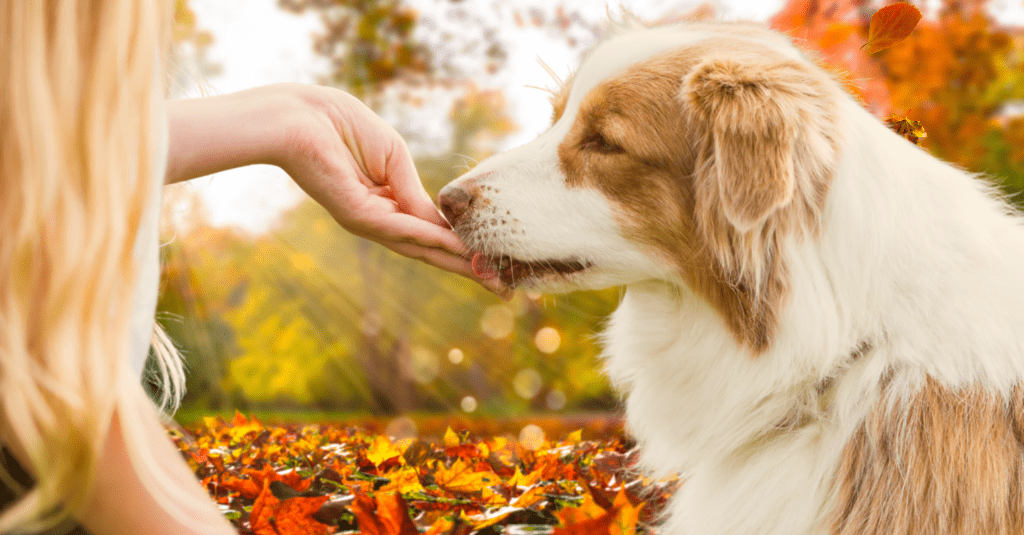Constipation

Holistic Cat Constipation Remedy
Constipation is a digestive disorder that is common in cats, especially in older cats. When constipation occurs, the feces remain in the colon and dry up. The result is the formation of hardened and dried feces.
A healthy cat will have one to two stools per day, but a constipated cat may only have one stool every two to three days while straining to pass it.
Symptoms of Constipation in Cats
- Absence of bowel movements
- Painful defecation
- Visible discomfort and loss of appetite
- Vomiting
NHV offers natural remedies for constipation in cats, like Maris, that can be used both for long term constipation and occasional bouts of cat constipation. NHV Maris contains powerful herbs including:
Cascara Sagrada - a medium strength laxative and tonic, widely used in veterinary medicine to help soften stools and improve bowel movements.
Combined with nutritious herbs like marshmallow and fennel that help control any bacterial or microbial infection.
Complications of Constipation in Cats
- Megacolon—This is a condition that occurs due to long-term and severe constipation.
- This condition creates an enlarged intestine that can no longer contract due to a muscle strength defect in the colon that prevents bowel movements.
- You can read more about megacolon in cats at NHV online.
- Cats That Have CRF (chronic renal failure) —Cats that have CRF are more prone to having constipation.
- Long-Haired Felines —Having longer hair can lead to a higher occurrence of hairballs, which may be visible in the passing stool or if the cat vomits. If there is hair visible, it may indicate the cause of constipation.
NHV carries organically grown or ethically wildcrafted herbal remedies for constipation in cats, including supplements to help eliminate hairballs. With NHV’s HAIRB-EZ your kitty will have the added support needed to aid in unblocking loose hair and keep it from forming into balls that can get lodged in your kitty’s tummy.
Causes of Constipation in Cats
- Inadequate water consumption
- Ingestion of indigestible materials such as
- Bone chips
- Hairballs
- Grass
- Cloth
- Paper
*If you’re pet has ingested a foreign object or has an obstruction, do not use supplements. Take them to the vet right away.
- Some drugs used to treat various disorders can have the side effect of constipation.
Additional Support Tips
Consult with your vet as constipation can be confused with colitis. Make sure your cat has plenty of water and not exposed to any foreign objects. Talk to your vet about a high-fiber diet and never administer over-the-counter laxatives as they can pose an extreme danger to your kitty.
NHV offers a wide range of natural remedies for constipation in cats as well as informing pet parents of various ailments that your pet may encounter. See to Vet Talk, where Dr. Hillary Cook explains more about chronic constipation.
If you are unsure about holistic remedies for cat constipation, please contact us on our Free Pet Expert Hotline: 1-877-937-4372 or schedule a consultation with one of our highly trained holistic veterinarians. At NHV, we want your feline to feel purr-fect naturally!



 USD
USD
 Canadian Dollars
Canadian Dollars